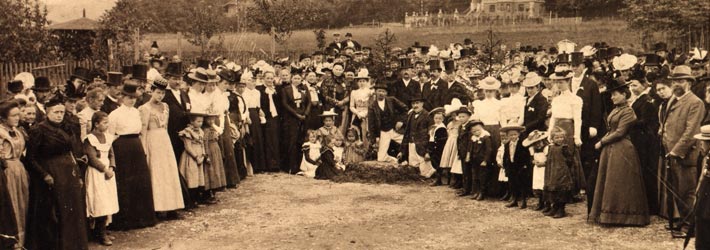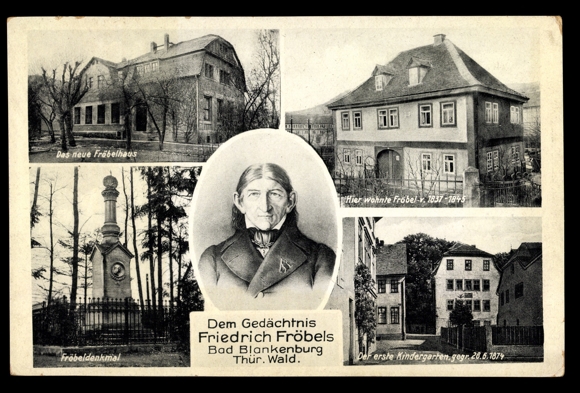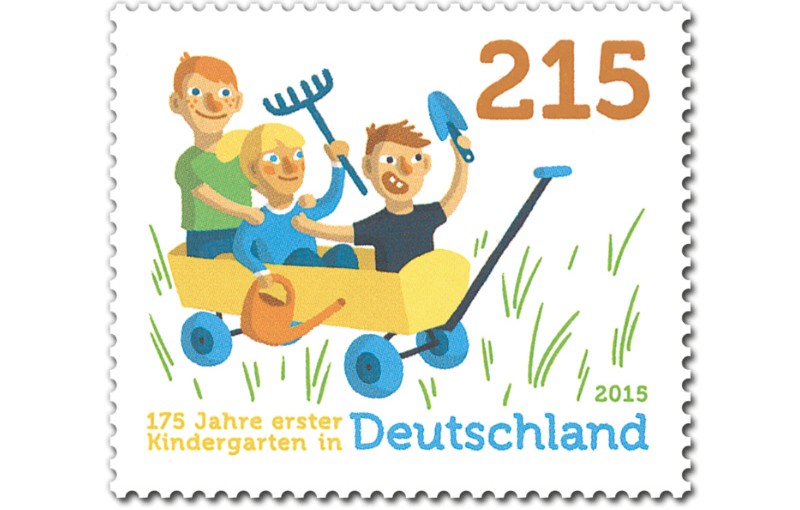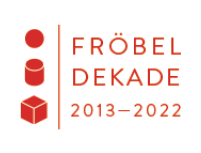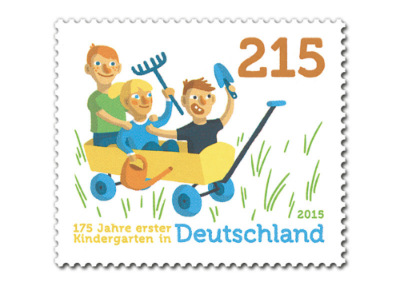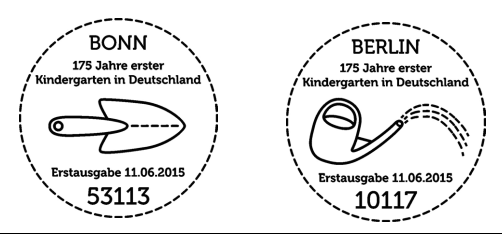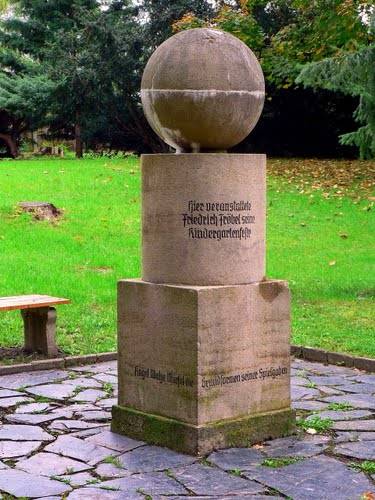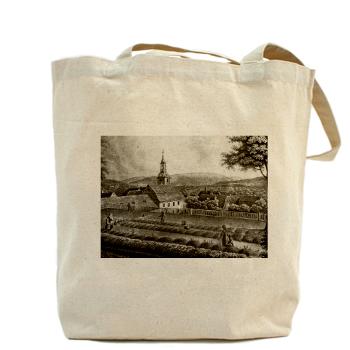The foundation stone for the Fröbelhaus in Bad Blankenburg was laid on June 28, 1900, sixty years after Kindergarten was named by Friedrich Froebel.
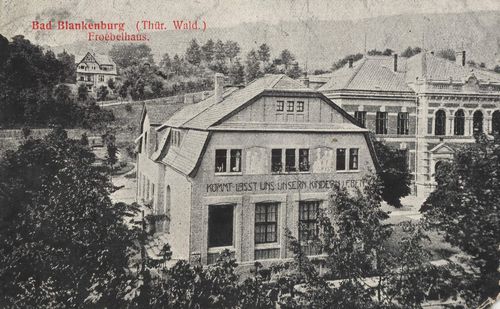
This building was used as a kindergarten and a recreational facility for kindergarten teachers. The first Fröbel Museum was located here from 1910 to 1946.
Today the Fröbelhaus is home to the Kindergarten in Bad Blankenburg. The Kindergarten features a wide variety of activities and games, and contains a large room for social, musical, manual, conceptual and creative learning and doing. The focus is on teaching young children through play.
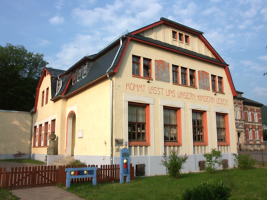
The Thüringia Fröbel Seminary training facility is also located in the kindergarten complex and features annual courses for kindergarten teachers. The courses include the use of Fröbel’s play gifts, early childhood education through play, the stimulation of a child’s creative powers, and the opportunity to implement these concepts under today’s conditions.
Contact Kindergarten:
AWO Kindergarten Fröbelhaus
Bähringstr. 6-8
07422 Bad Blankenburg
The city council provided land on the condition that construction would begin within 2 years. Donations were so successful that on 28 June 1900 the foundation could be laid. Most funds came from the Kindergarten Union of North America.
Despite best efforts, it was not possible until 1902 to raise enough money to start construction of the Art Nouveau building, that was opened on 6 August 1908.
The kindergarten was on the ground floor and several guest rooms were on the second floor. The museum was opened in 1910, on the first floor. source
